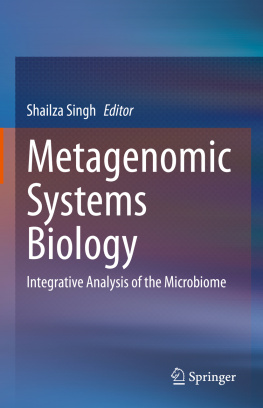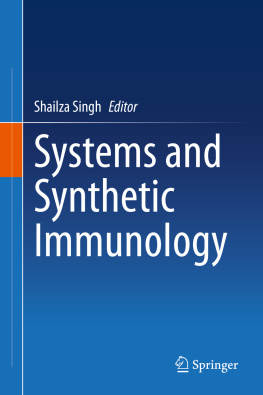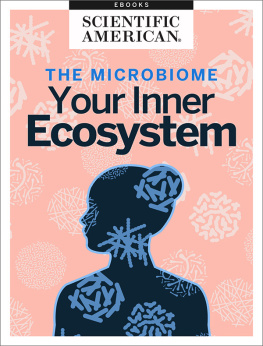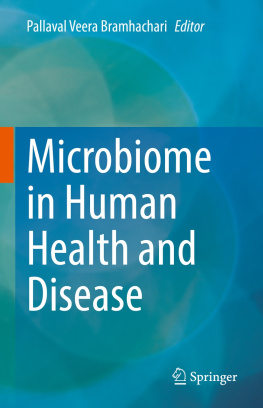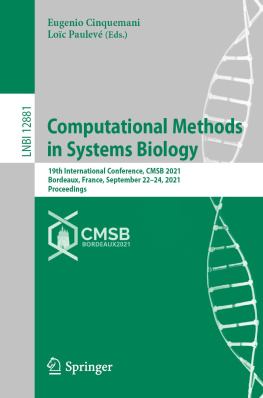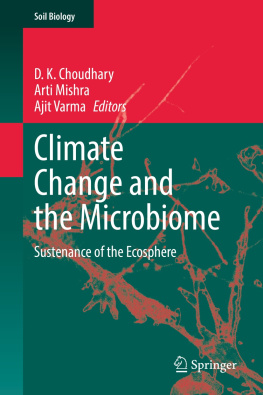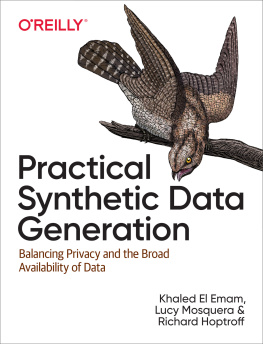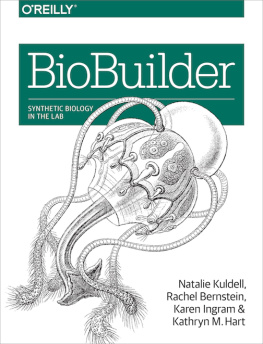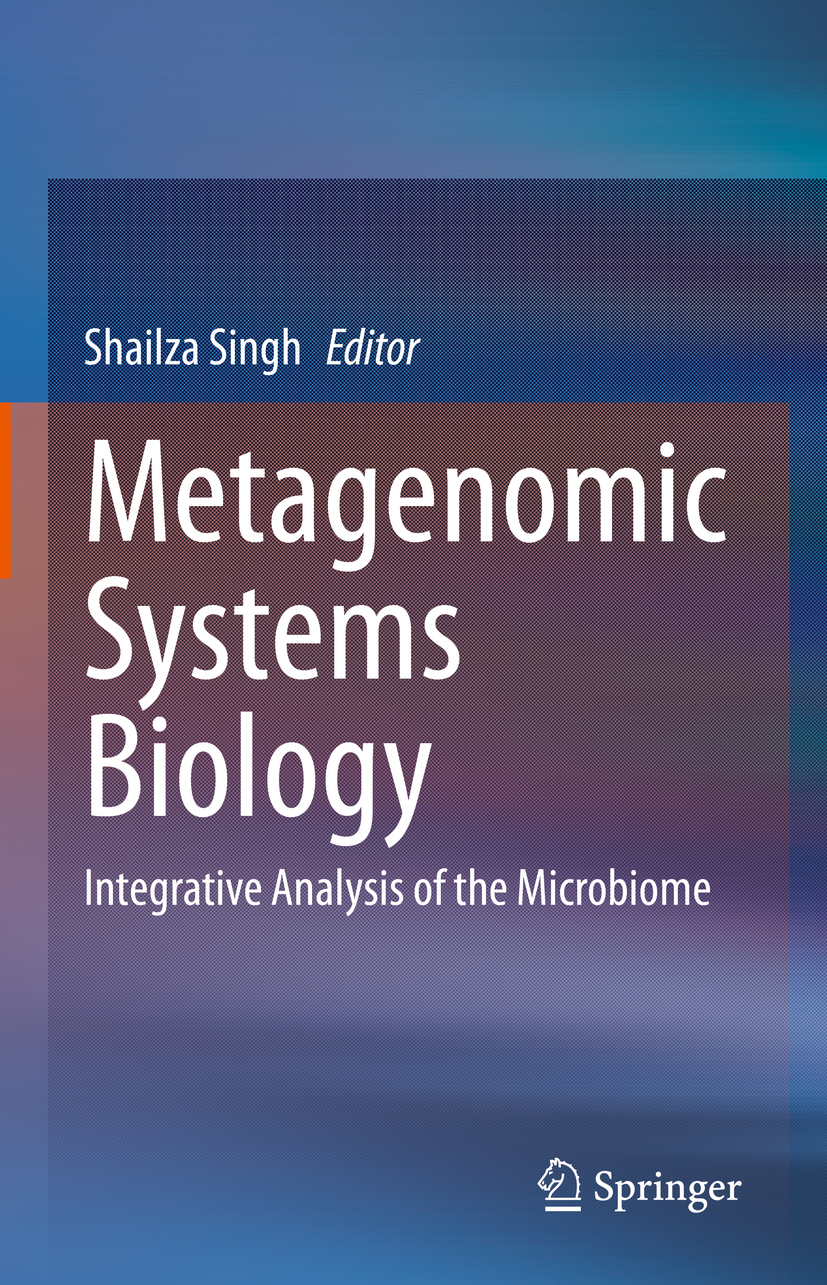Shailza Singh - Metagenomic Systems Biology: Integrative Analysis of the Microbiome
Here you can read online Shailza Singh - Metagenomic Systems Biology: Integrative Analysis of the Microbiome full text of the book (entire story) in english for free. Download pdf and epub, get meaning, cover and reviews about this ebook. City: Singapore, year: 2021, publisher: Springer Singapore, genre: Science. Description of the work, (preface) as well as reviews are available. Best literature library LitArk.com created for fans of good reading and offers a wide selection of genres:
Romance novel
Science fiction
Adventure
Detective
Science
History
Home and family
Prose
Art
Politics
Computer
Non-fiction
Religion
Business
Children
Humor
Choose a favorite category and find really read worthwhile books. Enjoy immersion in the world of imagination, feel the emotions of the characters or learn something new for yourself, make an fascinating discovery.
- Book:Metagenomic Systems Biology: Integrative Analysis of the Microbiome
- Author:
- Publisher:Springer Singapore
- Genre:
- Year:2021
- City:Singapore
- Rating:5 / 5
- Favourites:Add to favourites
- Your mark:
Metagenomic Systems Biology: Integrative Analysis of the Microbiome: summary, description and annotation
We offer to read an annotation, description, summary or preface (depends on what the author of the book "Metagenomic Systems Biology: Integrative Analysis of the Microbiome" wrote himself). If you haven't found the necessary information about the book — write in the comments, we will try to find it.
The book serves as an amalgamation of knowledge and principles used in the area of systems and synthetic biology, and targets inter-disciplinary research groups. The readers from diversified areas would be benefited by the valuable resources and information available in one book. Microbiome projects with efficient data handling can fuel progress in the area of microbial synthetic biology by providing a ready to use plug and play chassis. Advances in gene editing technology such as the use of tailor made synthetic transcription factors will further enhance the availability of synthetic devices to be applied in the fields of environment, agriculture and health. The different chapters of the book reviews a broad range of topics, including food microbiome in ecology, use of microbiome in personalized medicine, machine learning in biomedicine. The book also describes ways to harness and exploit the incredible amounts of genomic data.
The book is not only limited to medicine but also caters to the needs of environmentalists, biochemical engineers etc. It will be of interest to advanced students and researchers in life sciences, computational biology, microbiology and other inter-disciplinary areas.
Shailza Singh: author's other books
Who wrote Metagenomic Systems Biology: Integrative Analysis of the Microbiome? Find out the surname, the name of the author of the book and a list of all author's works by series.

